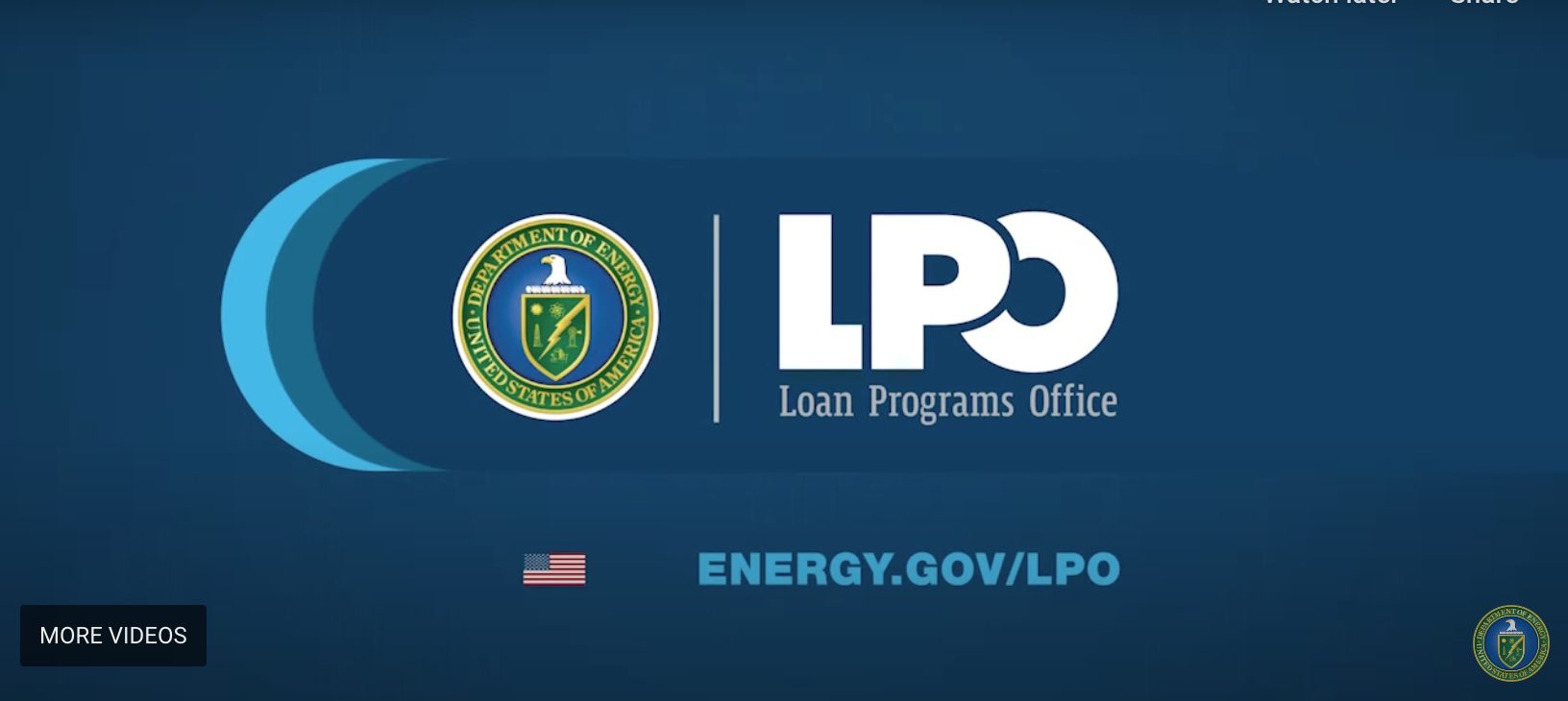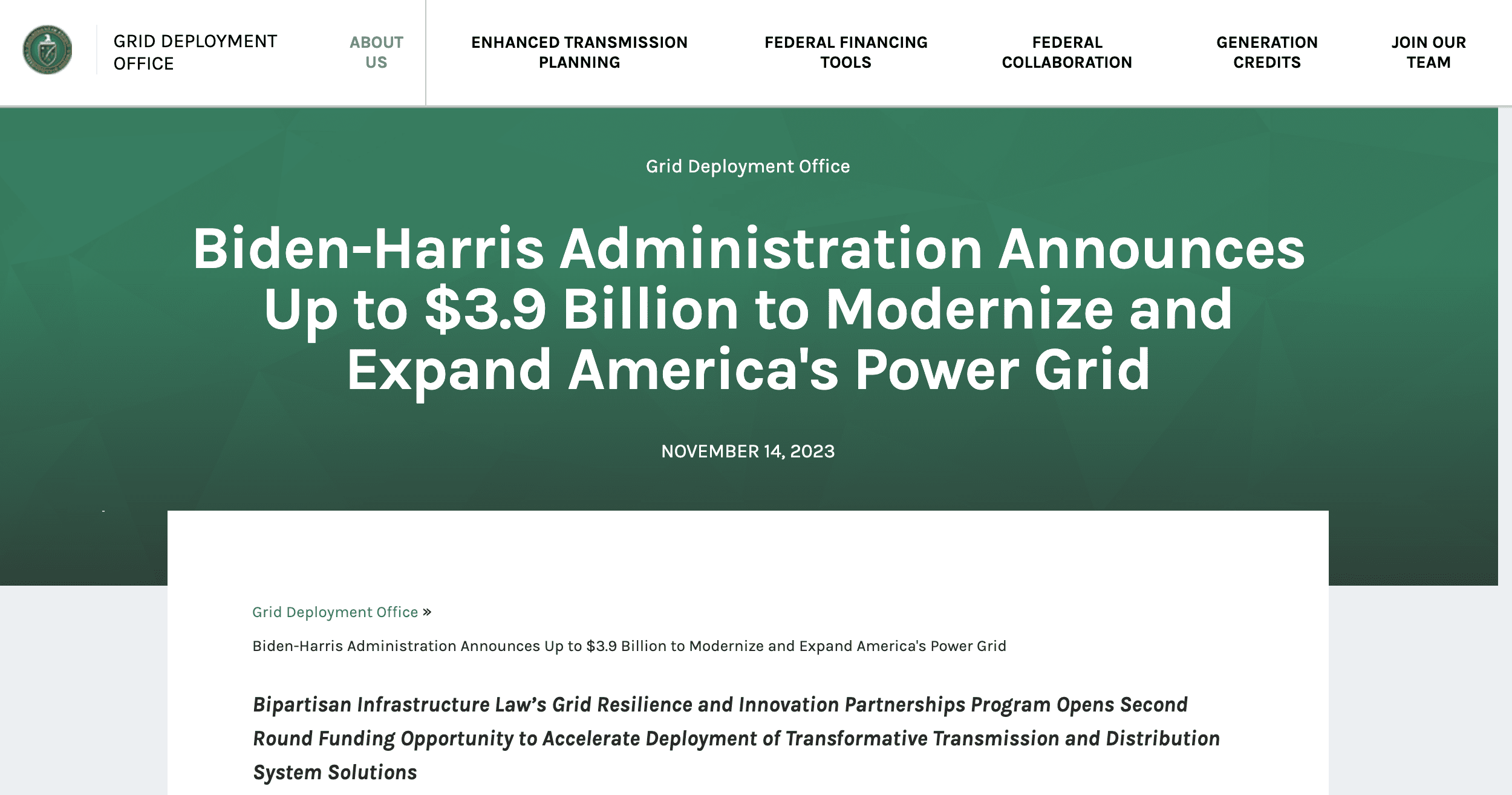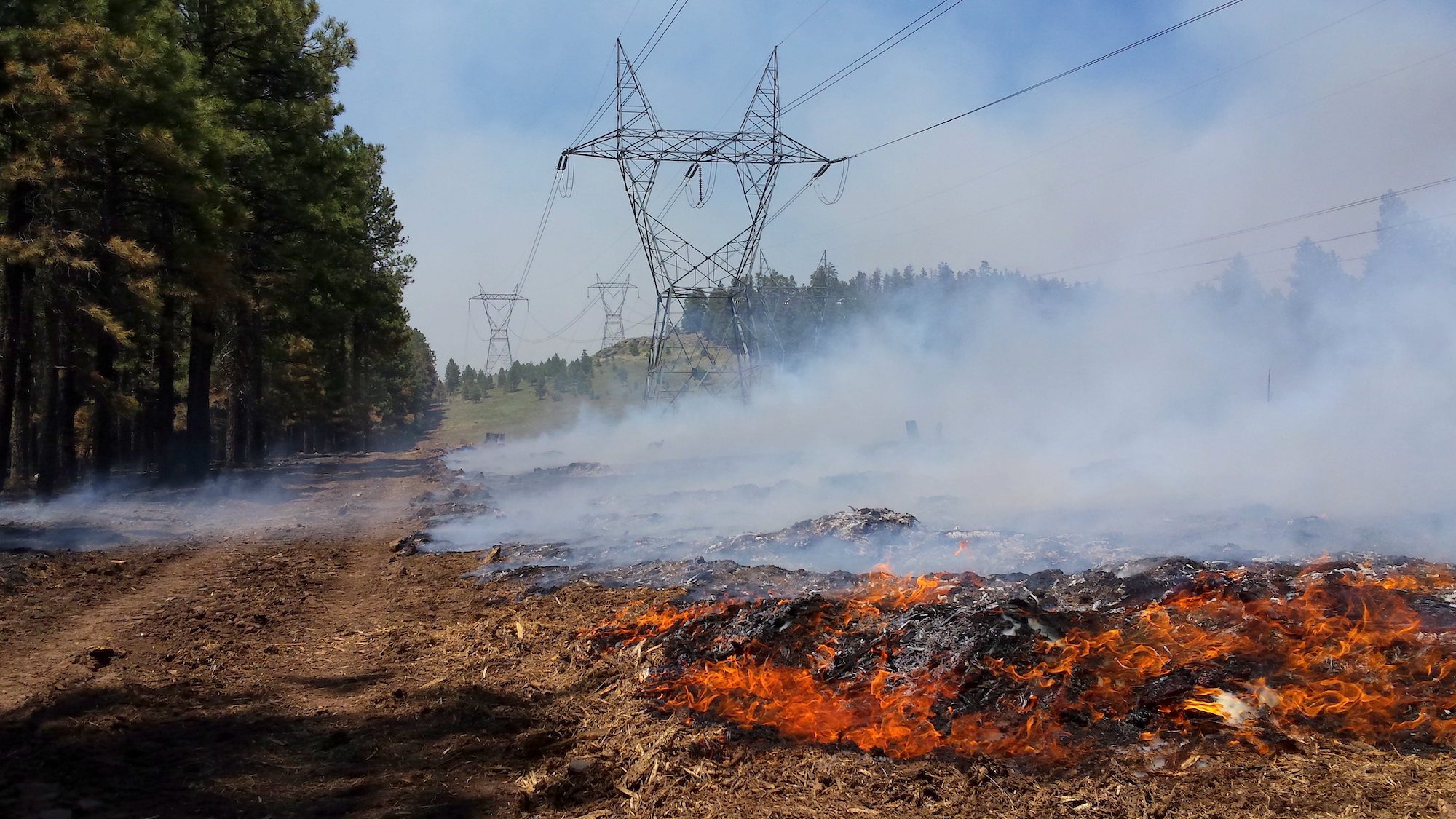“DOE Wants to Hire You” – Remarks by Michael Pesin of the U.S. Dept. of Energy
By Linda Barney, Barney and Associates
Michael Pesin, Deputy Assistant Secretary for the Advanced Grid Research and Development Division at the US Department of Energy (DOE) Office of Electricity (OE) was a keynote speaker at the sold-out GridFWD Seattle event held on April 19 and 20, 2022 in Seattle, Washington. Pesin spoke about his group’s development efforts to improve grid resilience, security, as well as to provide new technologies. He closed his remarks by indicating that his DOE group (and DOE overall) is hiring for a variety of jobs and encourages you to look for job opportunities at DOE.
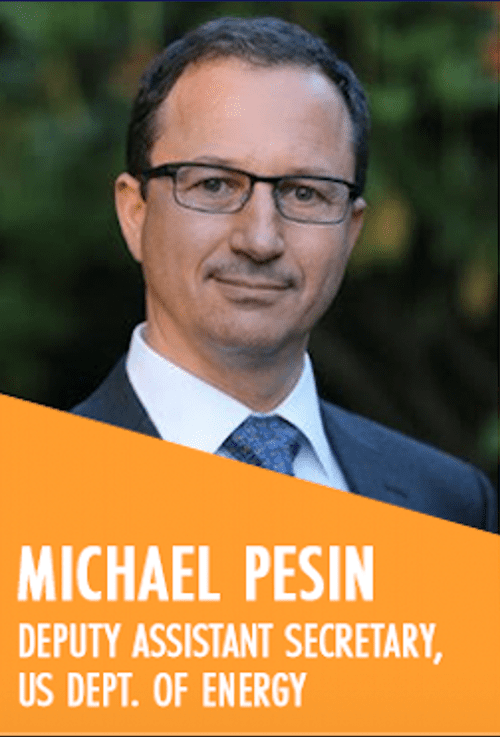
DOE Advancing Technology
According to the OE website, the goal of Pesin’s Advanced Grid Research and Development Division is to “accelerate discovery and innovation in electric transmission and distribution technologies and create ‘next generation’ devices, software, tools, and techniques to help modernize the electric grid.” Pesin indicated that his group is trying to address all the new technical and non-technical challenges of electrical transmission and distribution. The group is focusing on four main areas including transmission, distribution, increased loads, and battery storage. The goal in transmission is to make sure electrical transmission is reliable, secure and can accommodate all the new renewable resources. Pesin stated, “This will require modeling, developing new tools for operations and planning. It will also require developing new hardware. We are focusing on how we can evolve the electric grid so it can support all the new technologies and future needs.” One area is in developing situational awareness via new sensors which help analyze data.
Pesin indicated that there are many changes on the distribution side with bi-directional flows of electricity. The existing grid was not designed to support electricity flow in two directions, so this challenge must be addressed. The grid must also be able to support the additional load from electric vehicles (EVs) and electrified buildings. The group is leading research for scaling of energy storage using batteries and other technologies. Micro-grids are among key tools to integrate renewable energy and but also to but also to help support local resilience in situations where the large grid fails.
Pesin explained that his group is also trying look at the future so that technologies created today do not become obsolete in five or ten years. One area of focus is to be able to support the integration of increased variable renewable energy. “By 2035, we have this very, very aggressive goal from the administration that we have a clean electric grid. So what technologies will be needed by that time? What should the grid architecture look like?” Pesin’s group is focusing on investments that can support not only today’s grid needs but also future grid needs.
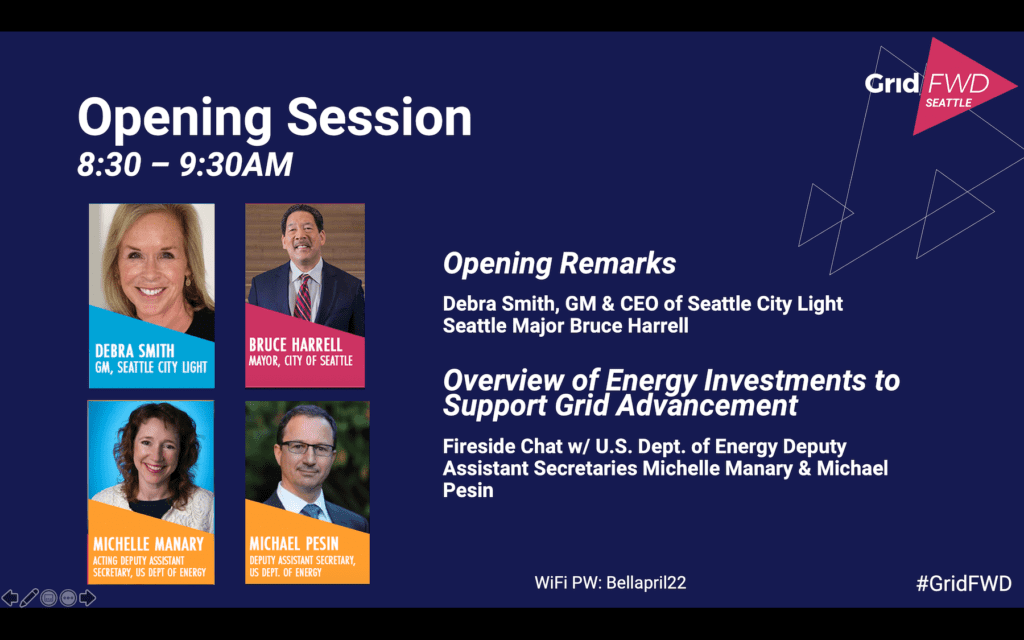
Pesin also stressed the importance of energy storage. He stated, “Many people equate energy storage to batteries. Energy storage is a lot more than just batteries, you are looking at a diverse set of technologies. It is electrical storage, it is chemical storage, it is thermal storage. We haven’t even considered some of the technologies such as flexible generation, flexible loads to provide services similar to electrical storage. This is an important topic. Tomorrow I am flying to PNNL for ribbon cutting for our new Grid Storage Launchpad which is a $75 million facility to help accelerate the development of energy storage systems.”
DOE wants to hire you
Pesin indicated that DOE needs to hire qualified staff to aid in the grid transition. Pesin stressed that the skills that are needed for the grid transition are not the skills that were needed five years ago. DOE will be reaching out to universities for applicants, but also need people with trade skills. The group works with a number of organizations and will work with Minority Serving Institutions (MSI) for internships for minorities.
The industry has changed tremendously. Positions such as substation engineers now need to understand information technology, cybersecurity, communications, as well as physical security. “There needs to be a cross-training across multiple disciplines. This is where industry needs to work with educational organizations to make sure can we can find the right people,” stated Pesin. He encouraged everyone who may be interested to contact DOE about work the important work to advance grid resilience and security.
Grid Forward hosted its GridFWD main event April 19-20 in Seattle. Michael Pesin was among the featured speakers. More details about the event and upcoming gatherings can be found at gridforward.org

